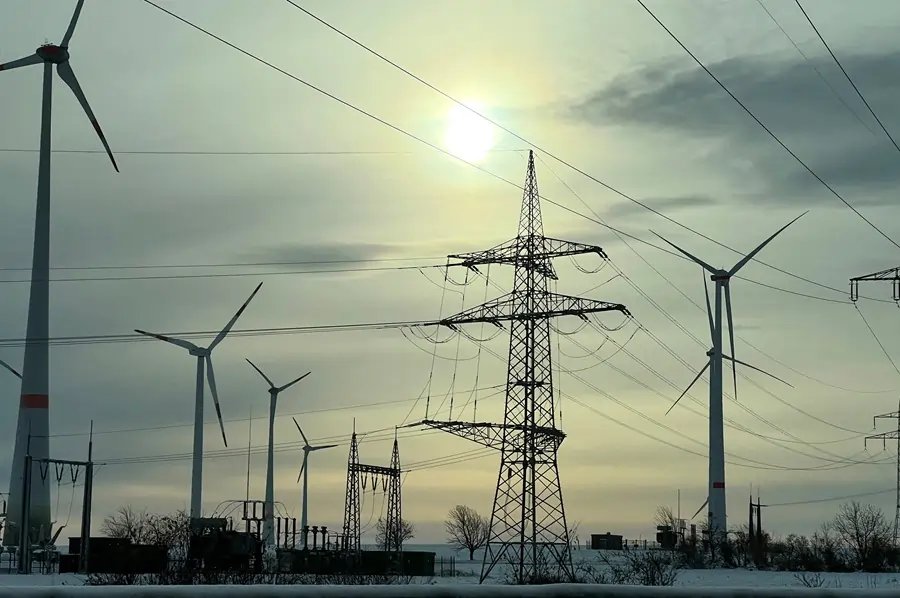German cabinet approves $1.4 billion subsidy to cut 2025 power network fees
Published by Jessica Weisman-Pitts
Posted on December 3, 2024
2 min readLast updated: January 28, 2026

Published by Jessica Weisman-Pitts
Posted on December 3, 2024
2 min readLast updated: January 28, 2026

BERLIN (Reuters) – Germany’s cabinet has approved a proposal for a 1.3 billion euro ($1.37 billion) subsidy to offset electricity network fees for consumers next year, the economy ministry said on Tuesday.
BERLIN (Reuters) – Germany’s cabinet has approved a proposal for a 1.3 billion euro ($1.37 billion) subsidy to offset electricity network fees for consumers next year, the economy ministry said on Tuesday.
The plan, which seeks to stabilise electricity prices, comes as high energy costs strain household budgets and hinder industrial production in Europe’s biggest economy.
The subsidy will be financed through federal funds and is expected to lower the portion of network charges which currently make up about 20% of electricity bills, the ministry said.
Network fees are projected to rise further to cover the substantial investments required to modernise Germany’s electricity grid to support renewable energy expansion. Grid charges for industrial customers have almost doubled since 2022, according to Germany’s BDEW utilities lobby.
“The German industrial sector is under pressure, and we must do everything possible to strengthen its competitiveness. With this proposal, we are taking an important step,” Economy Minister Robert Habeck said in a statement.
The subsidy is, however, subject to approval from parliament, and faces uncertain prospects in the current legislative period after the collapse of Germany’s governing coalition.
In the medium term, Habeck advocates for distributing the cost of expanding Germany’s electricity network across generations to support the growth of decentralised solar and wind power. This expansion, projected to cost approximately 450 billion euros by 2045, is currently funded through consumer energy bills.
($1 = 0.9499 euros)
(Reporting by Riham Alkousaa; Editing by Kirsten Donovan)
Electricity network fees are charges imposed on consumers for the use of the electricity distribution network, which covers the costs of maintaining and upgrading the infrastructure.
Renewable energy refers to energy derived from natural sources that are replenished at a faster rate than they are consumed, such as solar, wind, and hydroelectric power.
Explore more articles in the Top Stories category











